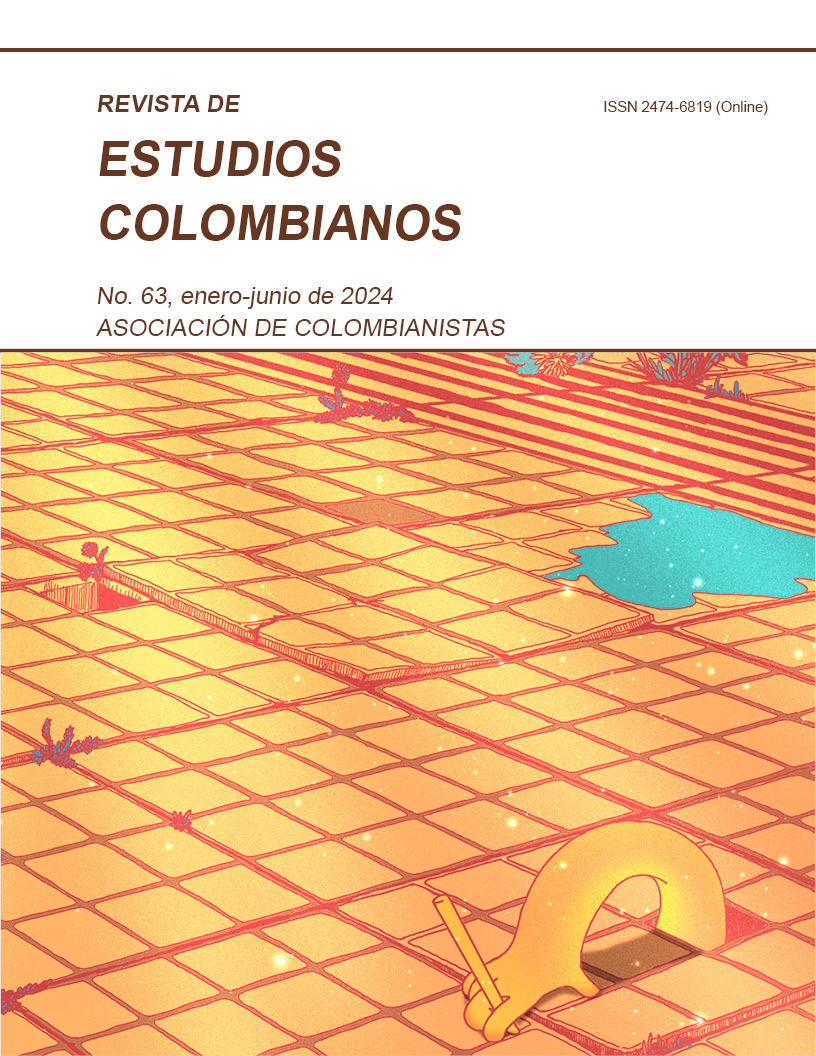Cuerpos sin nombre, nombres sin cuerpo. Desapariciones en Colombia by María Victoria Uribe María Victoria Uribe
Main Article Content
Abstract
The extensive work of Colombian anthropologist and historian María Victoria Uribe sheds light on the political, symbolic, and ritualistic aspects of violence spanning from the times of La Violencia (1948-1958) through the present. Uribe examines massacres, its victims and victimizers, as well as the phenomenology of crimes, ranging from emotions and perceptions to the social activities, volition and linguistic communication of the violent subjects. Importantly, her oeuvre also addresses human rights and memory; memory as historical testimony and memory of the victims, largely belonging to the non-combatant civilian population, whose identities have been destroyed post mortem. These are, no doubt, particularly somber topics explored by various institutions in the 2016 peace process which have sought to come to terms with a legacy of violations and abuses.
